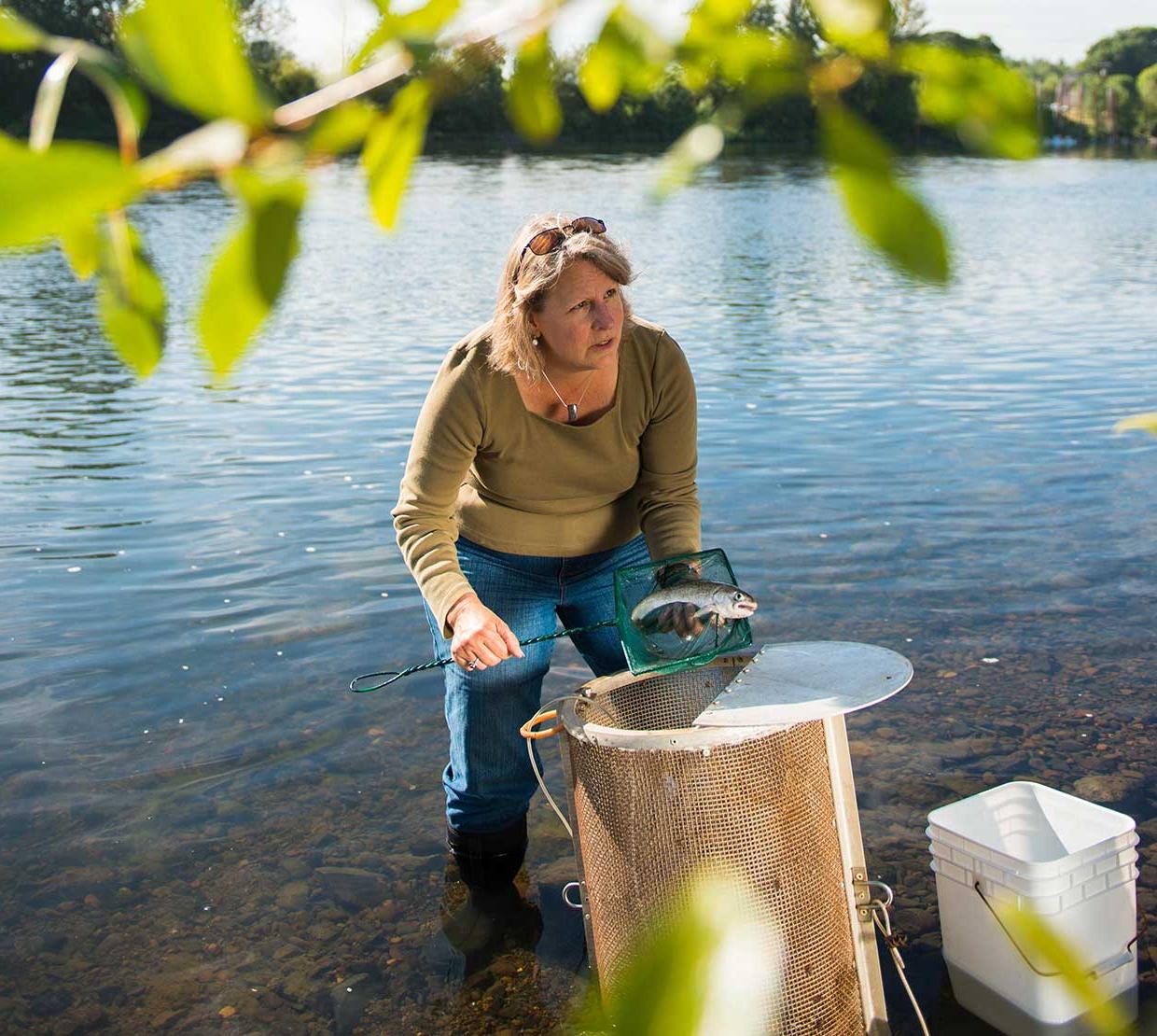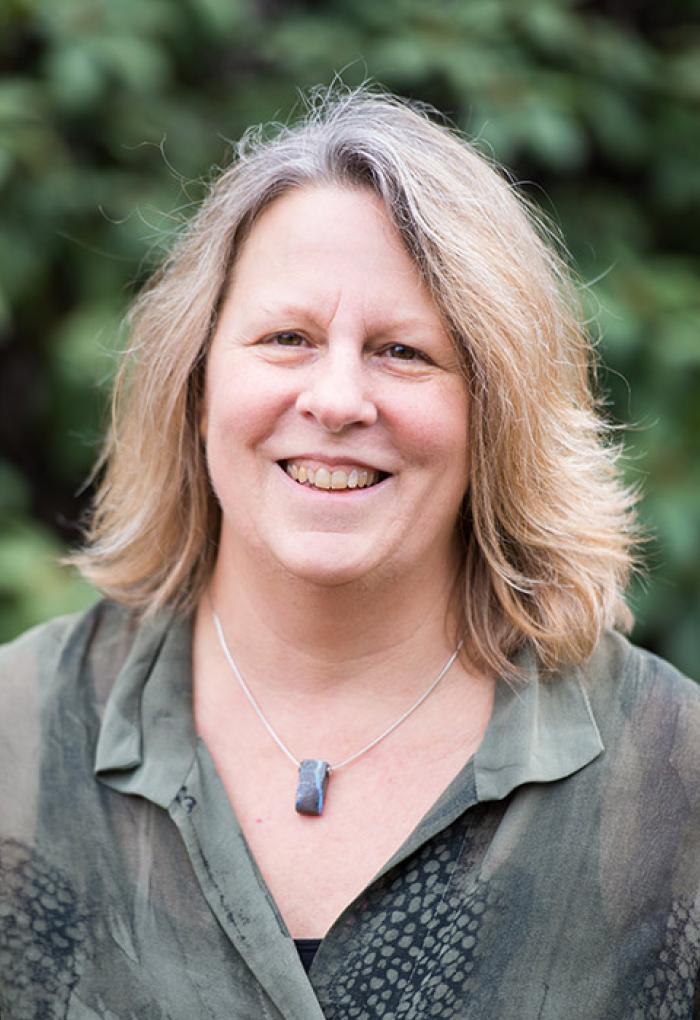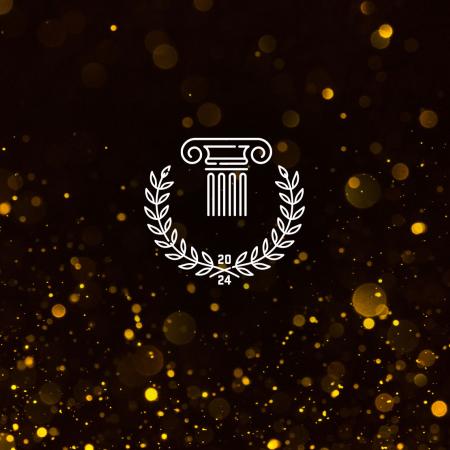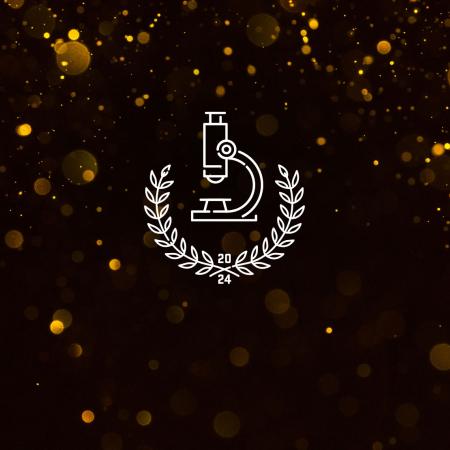Bartholomew’s decades of publications and funded research focused on the endemic (and often fatal) wild Pacific salmon myxozoan parasite Ceratomyxa Shasta and her directorship of the J.L. Fryer Aquatic Animal Health Laboratory have deepened our understanding of how infectious organisms sicken salmonids and other freshwater fish, and produced forecasting models of how climate change might affect the interaction. Her research has advanced the microbiological understanding of the host-pathogen dynamic as well as produced practical recommendations for salmon fisheries that have already been put into good use.
Her colleagues and collaborators around the world praise her scholarship, research and leadership. Arik Diamant, a senior scientist at Israel’s National Center for Mariculture who collaborated with Bartholomew on research probing the mechanics of how the parasite infects salmon by activating specialized polar capsule cells, speaks to her international influence in the field:
“Under her leadership, her research group generated innovative immunological and molecular approaches and tools that within several years resulted in remarkable scientific contributions… [greatly expanding] our knowledge of disease in wild riverine salmon. Jerri rapidly attained international recognition and her work is highly regarded by her colleagues.”
In 2014, Bartholomew helped organize the 7th International Symposium on Aquatic Animal Health (ISAAH) in Portland that attracted 300 fish health professionals from 26 countries. ISAAH is the preeminent meeting of international fish health professionals.
“Jerri has substantially advanced our understanding of the threat facing salmon populations, and how that threat will evolve with climate change is highly relevant for a healthy people and a healthy planet,” says Sastry G. Pantula, dean of the College of Science.
“I am very proud of her achievements, her service to the profession and her leadership as well as her exceptional teaching and mentoring of our students," adds Pantula. "I am thrilled that she has received this tremendous honor.”
Bartholomew has long been recognized for her influence as a life-changing teacher and mentor. She has mentored six post-doctoral scholars as well as six Ph.D. and 15 master’s students and 17 undergraduates on their research projects. Bartholomew also teaches Advances in Disease Ecology, Fish Diseases in Conservation Biology and Aquaculture, and offers a semi-annual Salmonid Disease Workshop for state and federal fishery biologists.
Former Ph.D. student Charlene Hurst says, “Jerri was a wonderful advisor and teacher... [encouraging] her students to develop and pursue their own scientific questions.”
Bartholomew is also an accomplished glass artist who exhibited her fused and cast glass pieces recently at Memorial Hall last winter. This spring she is directing a large-scale exhibition, “Microbiomes: To See the Unseen,” at The Arts Center in Corvallis as part of SPARK, a year-long celebration at OSU of the interplay between art and science. This exhibition asks both artists and researchers how to “See the Unseen?”





